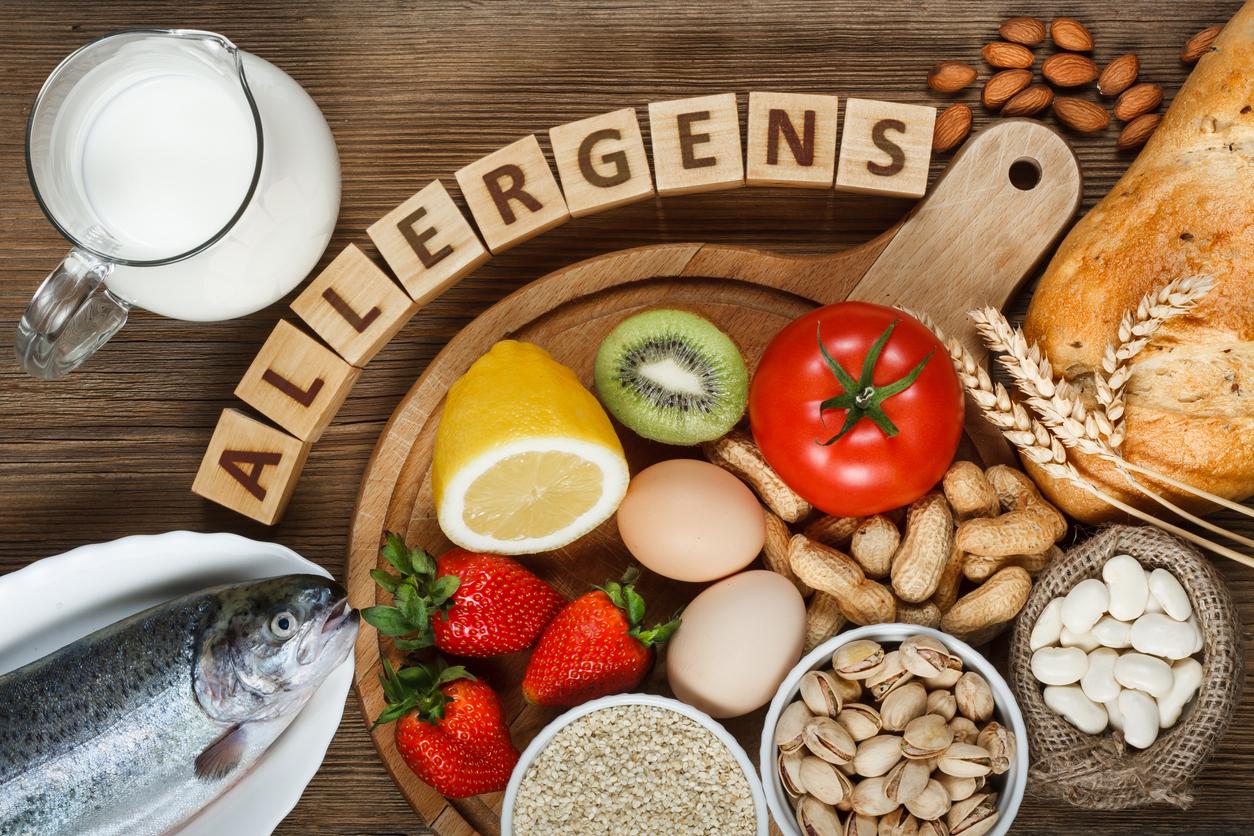Exposing infants to high levels of air pollution increases the risk of developing a peanut allergy during childhood, a new study suggests.

- Exposure to higher levels of air pollution is associated with increased risks of developing peanut allergy and persistence of the allergy during childhood.
- In contrast, exposure to air pollution was not linked to egg allergy or eczema, according to the study.
- For researchers, it is essential for children’s health that authorities take measures to reduce exposure to air pollution.
Cancer, asthma, cardiovascular disease… Exposure to high levels of air pollution is linked to increased risks of many diseases. A study from the Murdoch Childrens Research Institute and the University of Melbourne highlights a worrying new association.
Dealing with high levels of fine particles and nitrogen dioxide in babies is linked to a greater risk of suffering from peanut allergies throughout childhood.
Peanut allergy: high air pollution levels are a risk factor
For their study published in the journal Journal of Allergy and Clinical Immunologyresearchers followed 5,276 children living in the Melbourne region. They were examined at the age of one year and then at four, six and ten years. The team recorded estimates of the average annual concentration of fine particulate matter (PM2.5) and nitrogen dioxide (NO2) at each participant’s residential address.
Analyzing the data, scientists noticed that higher levels of air pollution were a risk factor for the development and persistence of peanut allergies during the first ten years of life. In contrast, no association was observed for egg allergy or eczema.
“The increase in allergy prevalence has occurred at a similar time to increased urbanization, leading to the belief that environmental factors may contribute to high allergy rates”adds professor and author Rachel Peters in a press release.

Pollution and peanut allergy: mechanisms that are still mysterious
Dr Diego Lopez, also author of the study, suggests that co-exposure to peanut allergens, which are quite present in food, and to air pollutants could increase the risk of allergies.
However, he recognizes that the origin of this link remains mysterious. “However, the underlying mechanisms of how air pollution increases the risk of peanut allergy, and why eczema and egg allergy are not affected in the same way, need to be explored in more detail”specifies the researcher.
For scientists, their work highlights the importance of measures to reduce exposure to air pollution.
“Improving city design to support better air quality regulation, better promoting public transportation, and switching to non-combustion fuels can help turn the tide on peanut allergy”continues Professor Rachel Peters.

















